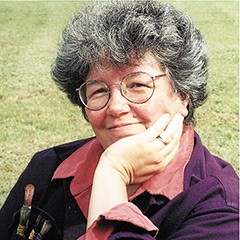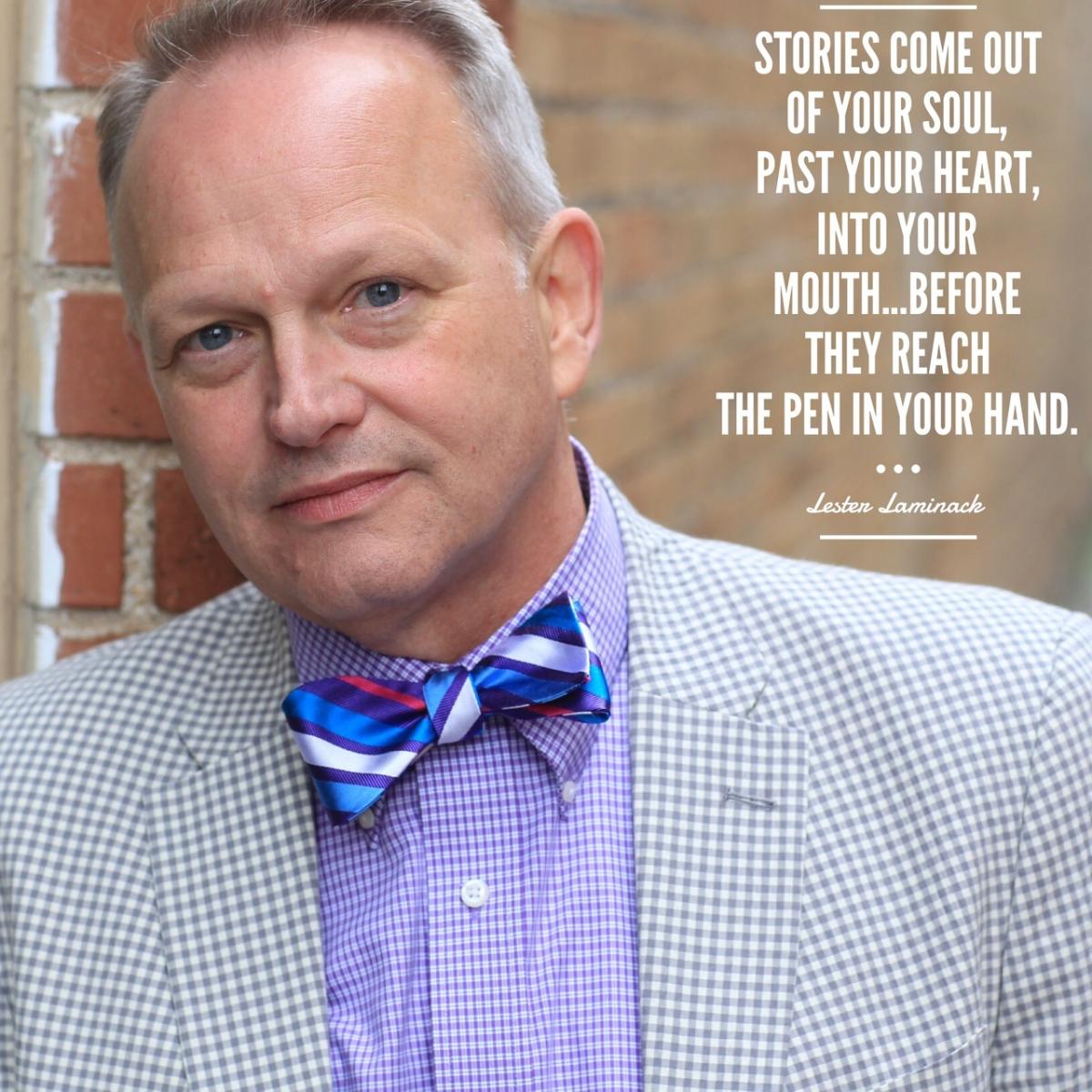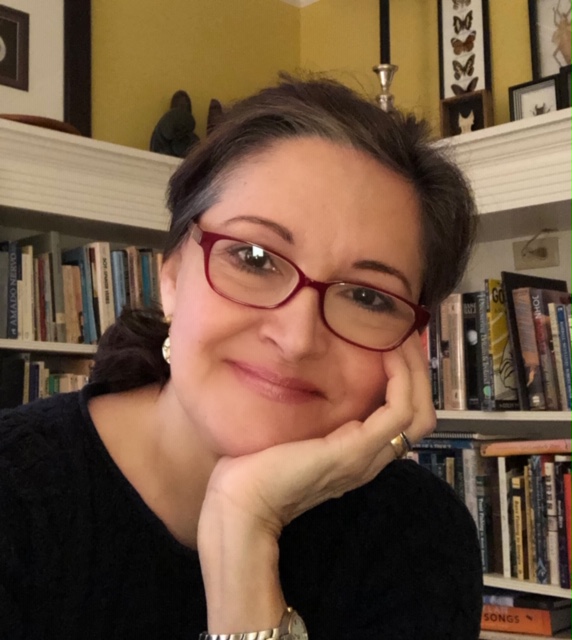After a busy March full of programs, giveaways, reading, film and book clubs, lectures, and author talks, the 2021 Community Read has come to an end. But, for some community partners, like the YMCA of Greater Charlotte, the conversation is not over.
Every Thursday evening, at 6 p.m., a group of high school students, known as the Y Achievers, gather virtually to discuss the Charlotte Mecklenburg Library‘s signature Community Read book, I’m Not Dying with You Tonight by Kimberly Jones and Gilly Segal. The book club is led by YMCA site coordinator for teen programming, Angelica Johnson. The plan was to meet every Thursday evening in March. Some of the teens attended every session, while others could make it only to a few of the meetings; while juggling studying, sports, after-school jobs, and other obligations. But each week offers a consistent place for teens to have honest, meaningful, and insightful conversations.
In their own words, here are some comments that the teens shared about the book:
“This book is amazing. It’s truly a quick read. The very first day I got it I read part 1 in one sitting. The story is so real, raw, and relatable. The very first thing I noticed was the cover page which is absolutely a great depiction of the story itself and the contract of the characters. I can relate to Lena and Campbell so much. Being the girl who’s caught up in the guy and being the girl who just wants to keep her head down. During the story it was so frustrating at points seeing Lena and Campbell in tough situations. I died of laughter the first time Lena called Campbell, “Campbell Soup.” I was triggered when they mentioned black face and Confederate flags. The authors did a great job conveying real experiences from their perspectives. One of my favorite parts of the book was the back and forth between the chapters because it allowed us to know that characters better and connect with them more.”- Ariana.
“The entire book was a moment that I needed to realize as a person. I really think that it was a really good book especially being able to see two different races get through the same thing together and come out stronger than what they could have ever done. I also think that I learned the importance of friendship in between because I was able to realize that when you are down who is going to be there for you when you are not doing well. – Taylor.
“I’m Not Dying with You Tonight” was a great book. It conveyed a very important message in such an intriguing way, and I couldn’t put the book down. The characters each had such striking personalities in their own unique ways, and it was interesting to see how their interactions with each other would unfold.” – Anusha.
“I think the book was an emotional ride. There were many unexpected decisions made by both Lena and Campbell, and I want to [be] clear and say they were unexpected to me, I wouldn’t have done some of the things that the girls did. But at the same time, I have not experienced anything quite like the situation they were in. So even through aspects of their personalities were relatable, their situations and decisions were not. Overall, I enjoyed the book, but would love to know more about Lena and Campbell’s personal lives and the aftermath of their experience. How does Campbell’s father react to all this? Does Lena break up with Black? Why did she not listen to her grandfather and really get to know him? How does she really feel about Black? Is something forcing her to stay with him? Will Campbell have to move again?”- Ananya.
“This book has been a great reading experience for me. Throughout the story I felt as if I was in the situation. It has brought light to many issues that most are afraid to address. While addressing these issues they gave you two or more sides which will open your eyes. This book has made me fall back in love with reading and I highly recommend.” – Naomi.
As the end of March neared, the participants knew that the conversations were far from over. So, the group unanimously decided to continue meeting to talk about the book in April! Candidly and openly, these teens are talking about issues that we should all be discussing.
What are your reflections as you think back on the past month of Community Read events at the Library and in the Charlotte Mecklenburg community? We want to hear your Community Read stories. Kindly take a brief survey here (LINK). And, just like these inspirational young adults are doing, continue the meaningful conversations!
--
This blog was written by Tara Kehoe, children’s librarian at SouthPark Regional Library


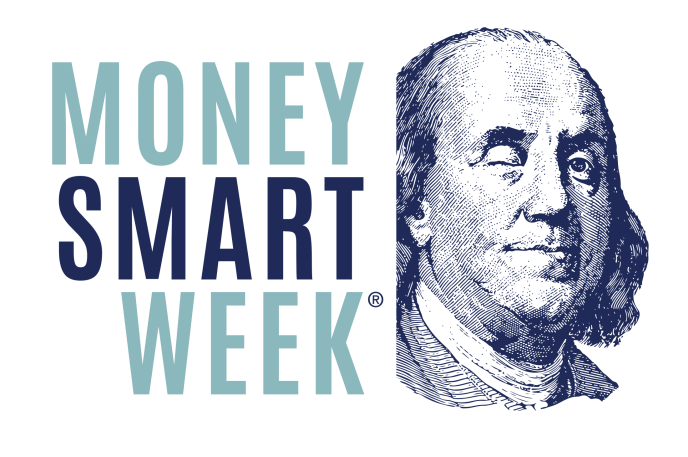



 Search improvements for customers with multiple library cards
Search improvements for customers with multiple library cards

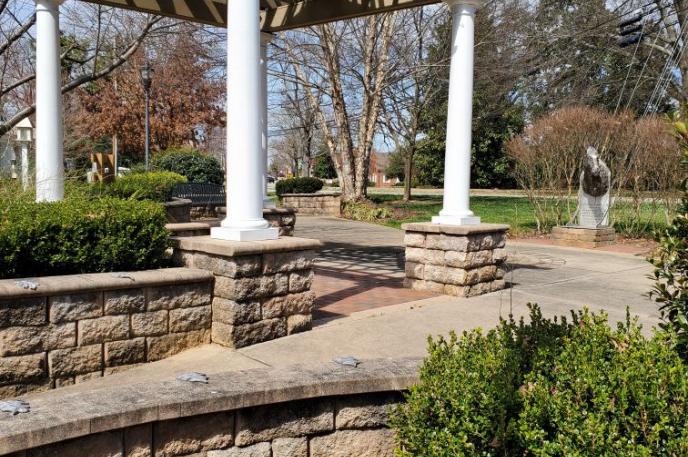
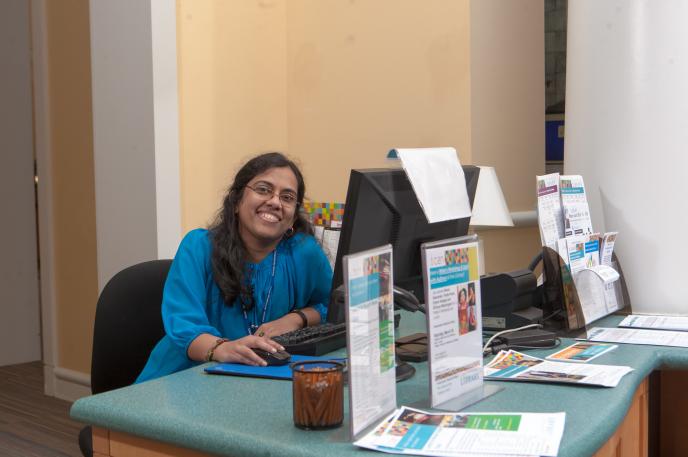
 eers why they give so generously of their time and talent. Surabhi Kaushik has led writing programs and helped at events for about four years – in that time, she’s logged well over 400 hours of service. Kaushik shared “Volunteering at the Library has been an enjoyable learning experience for me because it has given me a space to showcase my talents, meet new people and be part of a welcoming community. The writing group has given me a sense of belonging which was important to me as a newbie immigrant.”
eers why they give so generously of their time and talent. Surabhi Kaushik has led writing programs and helped at events for about four years – in that time, she’s logged well over 400 hours of service. Kaushik shared “Volunteering at the Library has been an enjoyable learning experience for me because it has given me a space to showcase my talents, meet new people and be part of a welcoming community. The writing group has given me a sense of belonging which was important to me as a newbie immigrant.”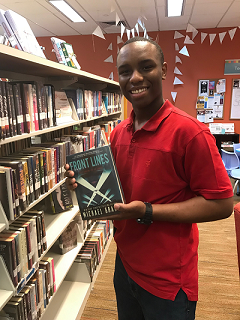 VolunTeen David Clinkscales has been volunteering at University City Regional Library since he was just thirteen years old. “My favorite part of volunteering at the Library is participating in storytime. Seeing the children follow the dances, run around smiling and interacting makes me always want to come back.” Clinkscales explains, “Libraries are important because the library is where most children first learn and develop the literacy, math and social skills necessary for school. The Library helps the surrounding community, and volunteering allows me to be a part of that improvement.”
VolunTeen David Clinkscales has been volunteering at University City Regional Library since he was just thirteen years old. “My favorite part of volunteering at the Library is participating in storytime. Seeing the children follow the dances, run around smiling and interacting makes me always want to come back.” Clinkscales explains, “Libraries are important because the library is where most children first learn and develop the literacy, math and social skills necessary for school. The Library helps the surrounding community, and volunteering allows me to be a part of that improvement.”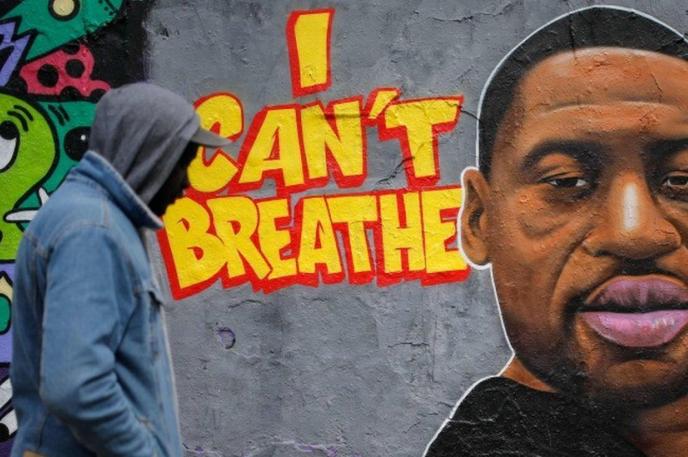
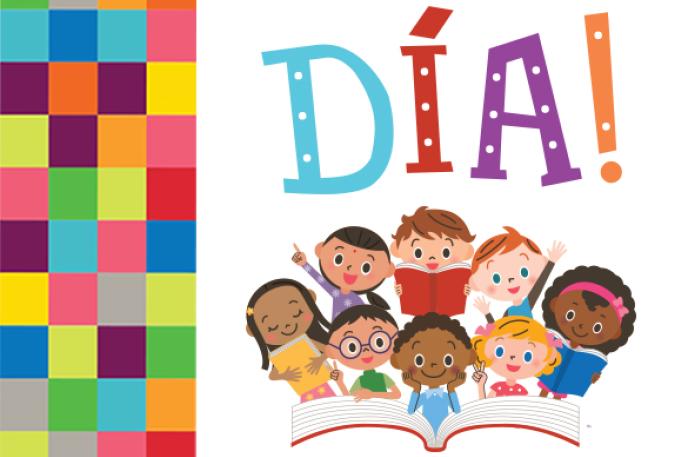
 These programs feature fun, interactive activities for the entire family ranging from storytimes and book talks as well as virtual author visits by this year’s signature authors Carmen Agra Deedy and Suzanne Bloom. This year’s celebration also features an exciting virtual visit from Charlotte Hornets mascot Hugo the Hornet.
These programs feature fun, interactive activities for the entire family ranging from storytimes and book talks as well as virtual author visits by this year’s signature authors Carmen Agra Deedy and Suzanne Bloom. This year’s celebration also features an exciting virtual visit from Charlotte Hornets mascot Hugo the Hornet.
